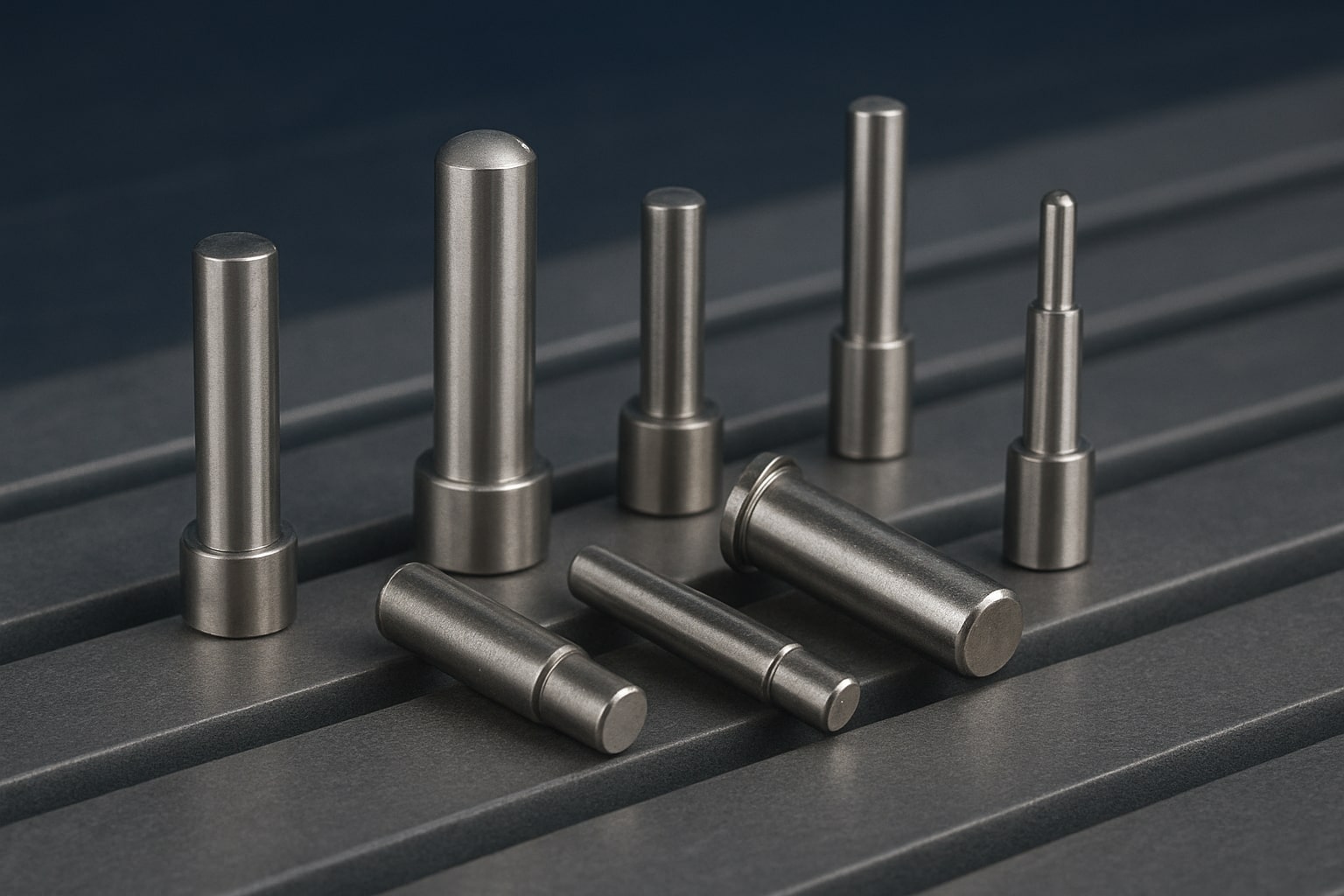Custom Machined Pins: Precision Engineering for Modern Industries

In precision engineering, small components often carry the biggest responsibilities. Machined pins are one such element — simple in appearance, yet essential for accuracy, alignment, and mechanical reliability across industries such as hydraulics, automotive, and general machinery.
This post explores what makes custom machined pins a critical part of modern manufacturing, the process behind their production, and how industries benefit from customized designs and precision machining.
What Are Machined Pins?
Machined pins are cylindrical components manufactured using CNC turning and milling processes to achieve tight dimensional tolerances.
They are typically used for:
-
Alignment and positioning
-
Load-bearing joints
-
Assembly location guides
-
Structural and rotational connections
Their role in ensuring mechanical stability and repeatable precision makes them a vital component in many engineering systems.
Types of Machined Pins
Depending on function and design, several types of machined pins are used in industrial applications:
-
Dowel Pins – For accurate alignment and joint integrity
-
Locating Pins – To ensure repeatable positioning in assemblies
-
Clevis Pins – For linkages and pivot joints
-
Stepped and Tapered Pins – For customized fits and secure seating
-
Custom-Profile Pins – Designed for specific components or assemblies
Each type is produced with specific tolerances and surface finishes to match its intended mechanical environment.
Materials and Surface Treatments
The performance of machined pins depends heavily on the material selection and surface treatment. Common materials include:
-
Stainless Steel (SS304, SS316) for corrosion resistance
-
Alloy and Carbon Steel for strength and wear resistance
-
Brass and Bronze for non-sparking, low-friction applications
-
Aluminum for lightweight assemblies
Surface treatments like zinc plating, black oxide, passivation, and polishing enhance durability, corrosion resistance, and appearance.
Precision Machining and Tolerances
Custom machined pins are produced using advanced CNC machining technology capable of achieving tight tolerances, typically up to ±0.01 mm.
The process ensures:
-
Dimensional consistency across batches
-
Smooth surface finish
-
Accurate concentricity and roundness
-
Controlled hardness through heat treatment
Such precision ensures reliable fit and function in hydraulic fittings, valves, assemblies, and motion systems.
Applications of Custom Machined Pins
Machined pins are found across industries that demand accuracy and dependability:
-
Hydraulic and Pneumatic Systems
-
Automotive and Transport Components
-
Industrial Valves and Pumps
-
Aerospace and Defense Mechanisms
-
Heavy Machinery and Equipment Assemblies
In each case, customization allows engineers to optimize performance, minimize wear, and ensure long-term alignment stability.
Advantages of Custom Manufacturing
While standard pins serve many purposes, custom-manufactured pins offer several engineering advantages:
-
Optimized geometry for load and stress distribution
-
Material choice tailored to environment and function
-
Consistency for automated assembly systems
-
Reduced downtime through better fit and performance
Custom machining transforms a simple component into a precision-engineered solution specific to each design requirement.
As manufacturing technology advances, the demand for high-precision, custom-machined components continues to grow.
Machined pins, though small, represent the foundation of mechanical accuracy and product reliability. By combining CNC precision, material expertise, and application-specific design, industries can achieve superior performance and longer service life for their assemblies.